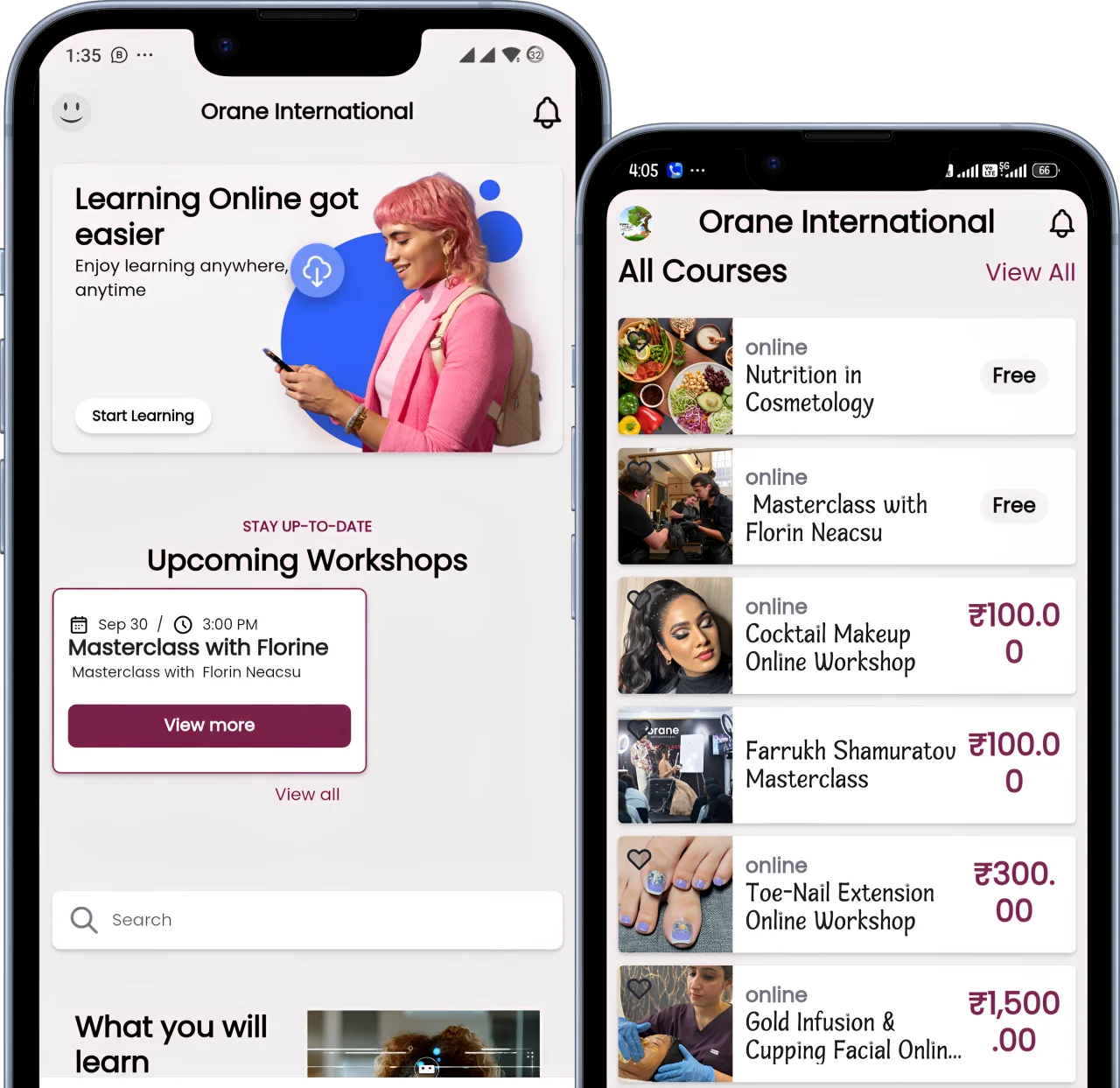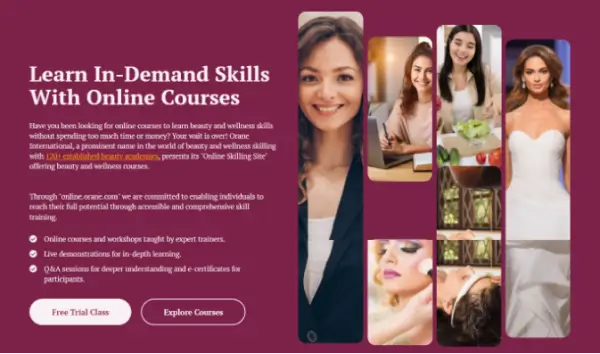Do you feel that just by having all the wisdom of nutrition science, you will be able to become a successful nutritionist? It’s a big no! It will surely help, but you need some other qualities as well!
Let‘s discuss this with an example of an individual called Raj (an imaginary character)! Meet Raj, a stressed businessman struggling with his weight. When he consulted a nutritionist, he expected support and understanding. But unfortunately, the nutritionist seemed disinterested, just giving lectures about healthy eating.
Raj tried to explain his challenges – the stress of his job and a lack of time to cook healthy meals. He even shared his history of emotional eating. Yet, the nutritionist didn’t seem to care and continued with their own agenda. Raj felt neglected and never returned.
These are two common issues in nutrition counselling – a lack of communication and empathy. Many clients feel unheard and unsupported. As a nutritionist, it’s crucial to bridge this gap and connect with clients on a deeper level.
When nutritionists don’t listen to their clients and don’t understand their challenges, they are more likely to lose clients. You can correlate this with professionals from other fields, where studies have shown that effective communication in the workplace can help increase productivity by 25%, and something similar happens in the field of nutrition as well.
At Orane, we cultivate good skills and habits in our programmes, and communication and the practice of empathy are integral parts of our courses.
Now let’s delve into why these qualities are crucial for every nutritionist:
Why listening and empathy are important for nutritionists
1. Listening with Care:
As per Wikipedia, listening is giving attention to a sound or action. It is important that when listening, you hear what the client is saying and try to understand what it means. However, many don’t practise it. Listening is the foundation of effective communication. When a nutritionist truly listens to their clients, they gain valuable insights into their lifestyle, struggles, and goals. Raj’s story reminds us that clients want to feel heard and understood
2. Understanding Individual Needs:
Each client is unique, with their own set of challenges and circumstances. An empathetic nutritionist acknowledges this diversity and tailors their approach accordingly. By empathising with Raj’s stress and time constraints, a nutritionist can offer practical solutions that fit his lifestyle.
3. Fostering a Supportive Environment:
Empathy lays the foundation for a supportive and non-judgmental environment. This factor not only helps in the nutritional setting but also in the medical setting. Read this blog on the importance of non-judgmental empathy here. When clients feel understood and supported, they are more likely to stay engaged in their nutrition journey. An empathetic nutritionist becomes a partner in the client’s pursuit of better health, encouraging them to stay on track with their progress.
4. Addressing Mental and Emotional Well-Being:
Nutrition isn’t just about food; it’s about nourishing the mind and body. Empathy enables a nutritionist to identify emotional triggers and work towards emotional well-being.
5. Building Lasting Relationships:
Trust and confidence are the cornerstones of any successful relationship. When a nutritionist establishes a strong bond with their clients, it fosters loyalty and encourages long-term commitment. Raj’s disappointment in his previous experience emphasises the importance of building lasting connections.
6. Achieving Sustainable Results:
Nutrition is a journey, and sustainable results require consistent effort. An empathetic nutritionist empowers clients to stay focused on their goals and provides ongoing support.
Now that we understand the importance of connecting with our ideal clients, let’s explore some simple yet powerful ways to achieve that high-level connection consistently.
How to achieve high-level connections consistently with clients as nutritionists
1. Thoughtful Open-Ended Questions:
Recall your favourite conversations from the past. What made them memorable? Chances are, the other person asked you thoughtful, open-ended questions.
Here are a few illustrations of thoughtful, open-ended questions a nutritionist might ask:
- How do you feel about your current diet plan?
- What foods are your favourites, and why?
- What are your least favourite foods, and why?
As a nutritionist, you can use this technique to create an emotional bridge with your ideal clients. Encourage them to open up, be vulnerable, and trust you with their journey.
2. Active Listening:
Listening is a skill that can transform relationships. When your clients speak, be fully present and actively listen to what they are saying. Show genuine interest by repeating key points that are important to them
3. Follow the 90/10 Rule:
The 90/10 rule is a powerful approach to fostering deep connections. Allow your potential clients to do most of the talking (around 90% of the conversation), and you speak for the remaining 10%. By doing so, you empower your ideal clients to express their needs and desires openly.
Conclusion
This blog talks about the two important qualities a good nutritionist must have, i.e., good communication and empathy. Remember, building a genuine connection with your clients is the key to a successful nutrition practice. It’s not about talking endlessly about yourself; it’s about giving your clients the space to express themselves fully. By asking thoughtful questions, actively listening to their responses, and following the 90/10 rule, you create a powerful bond that leads to long-lasting relationships and a thriving nutrition coaching business.
So, my friends, embrace the art of connection with your ideal clients. It’s the missing link that will elevate your online nutrition coaching business to new heights.















